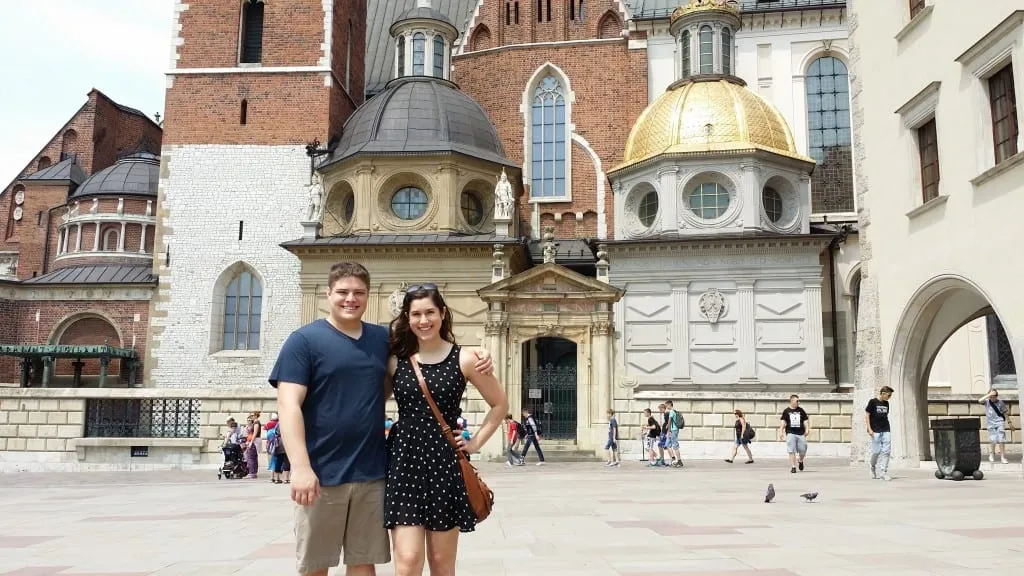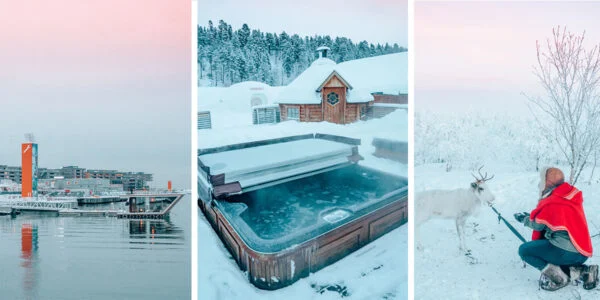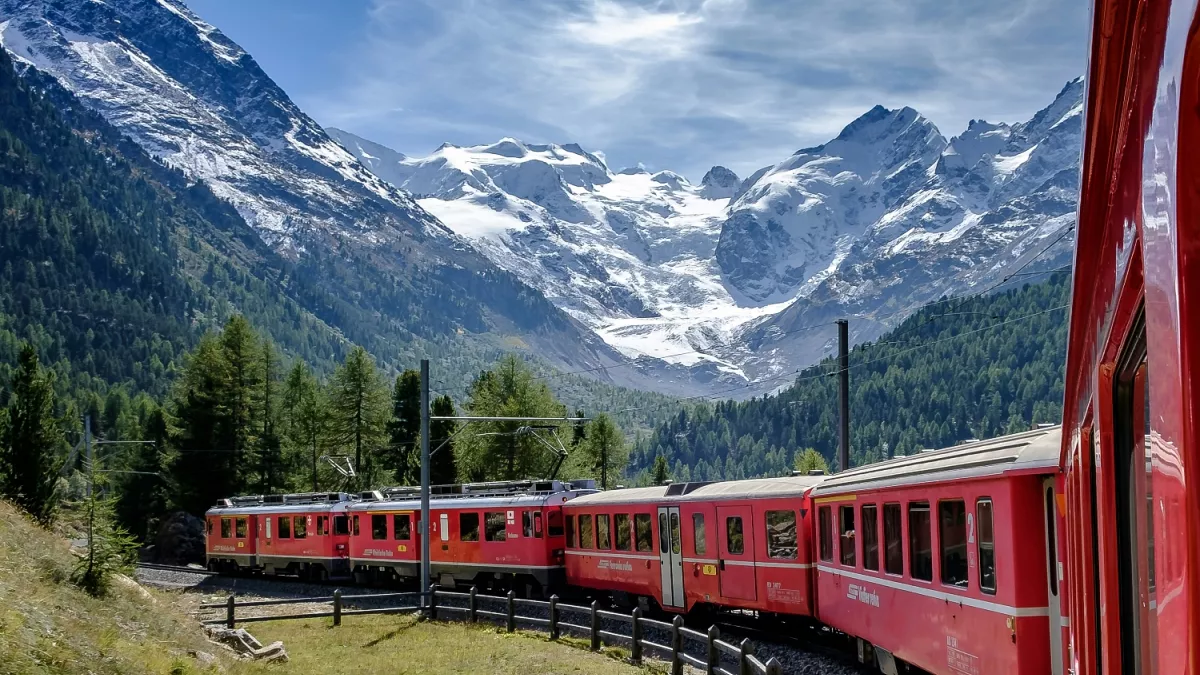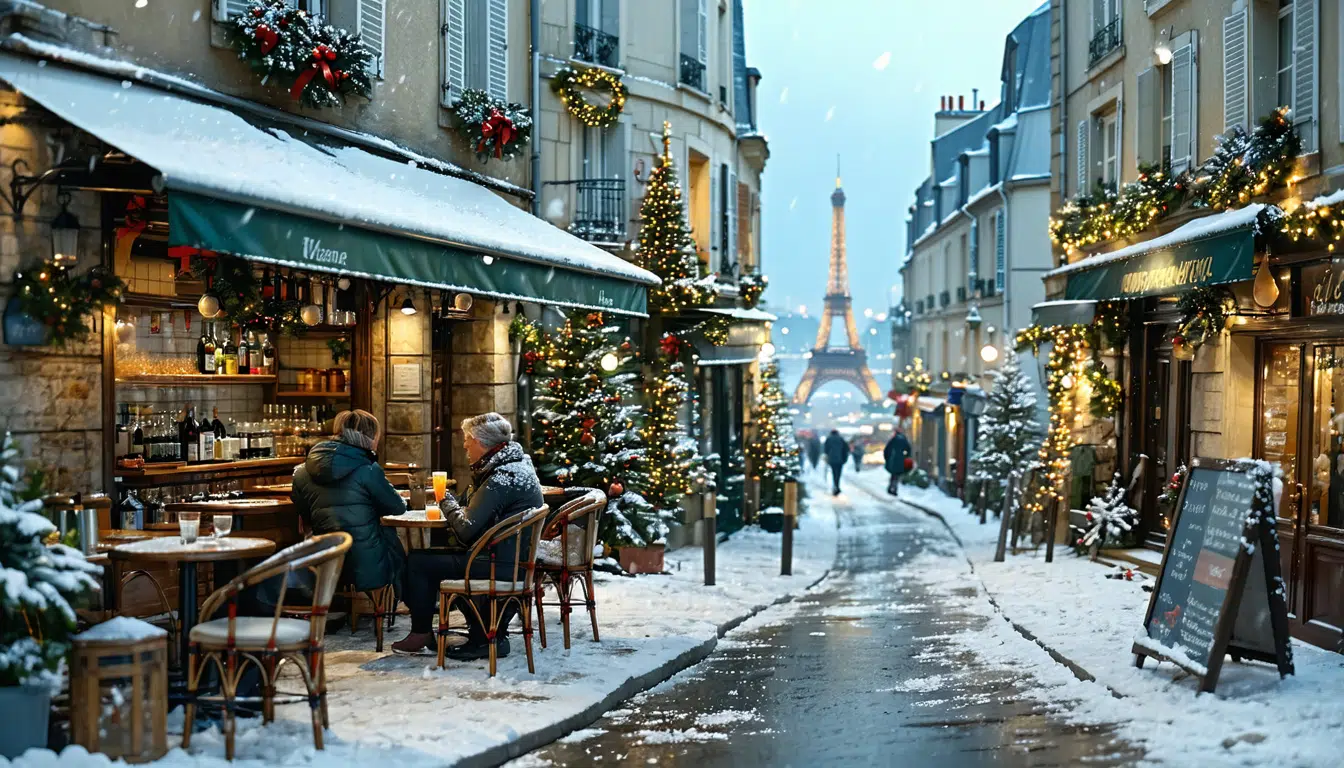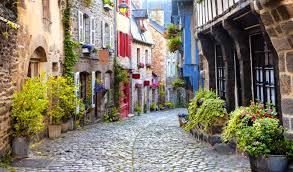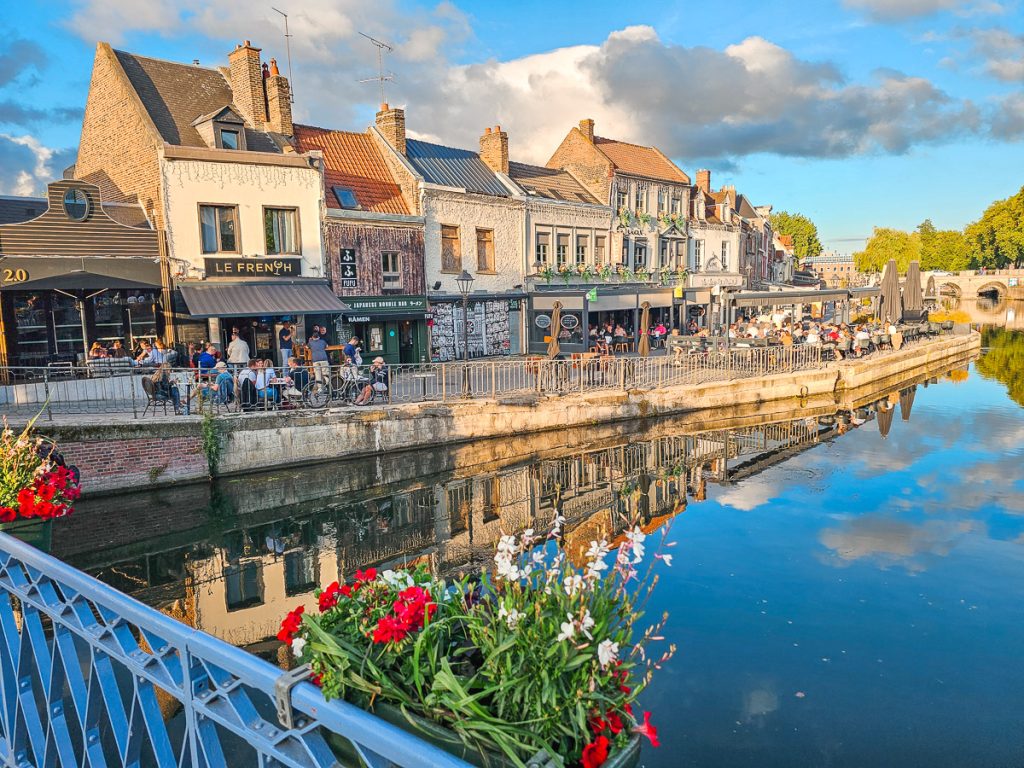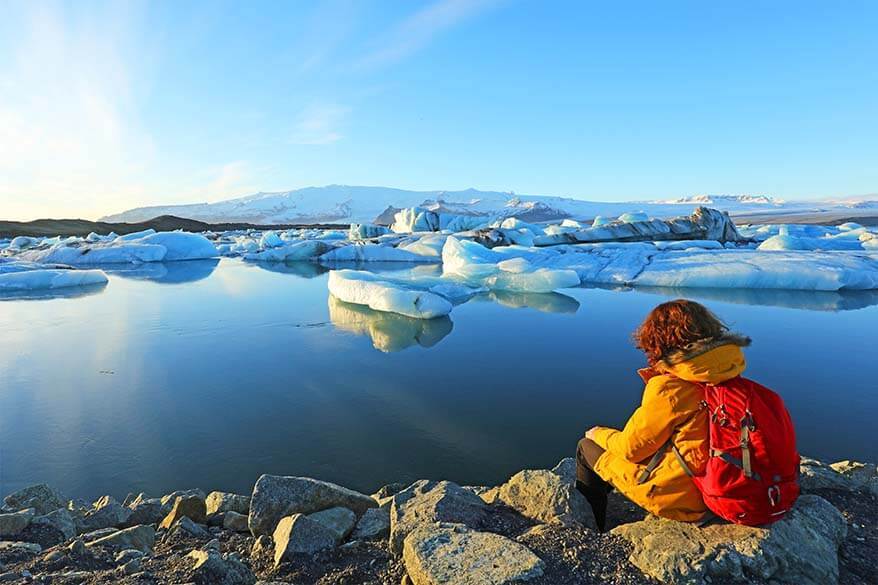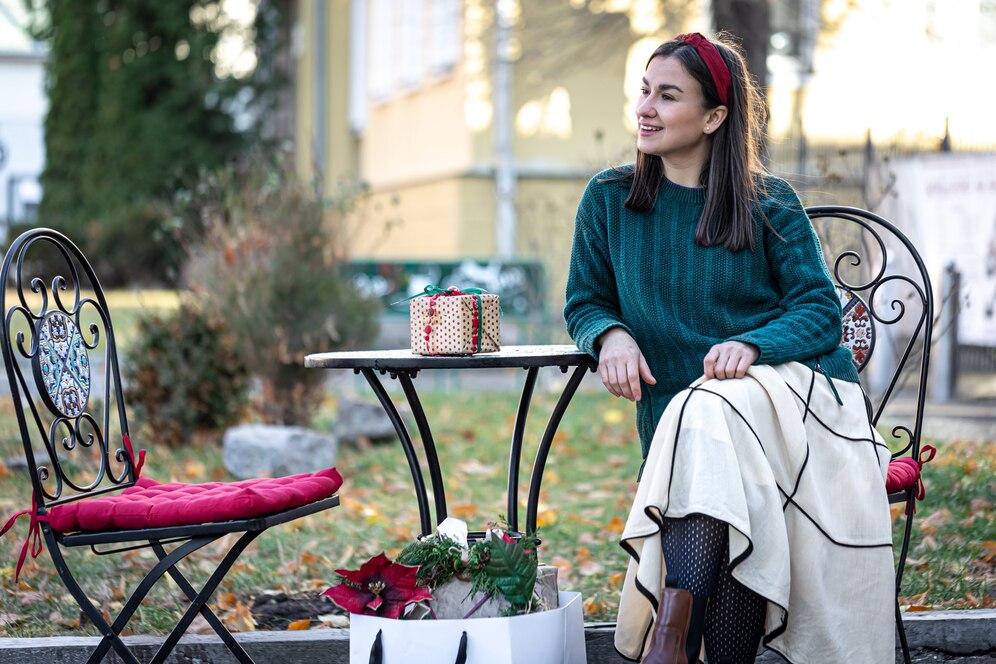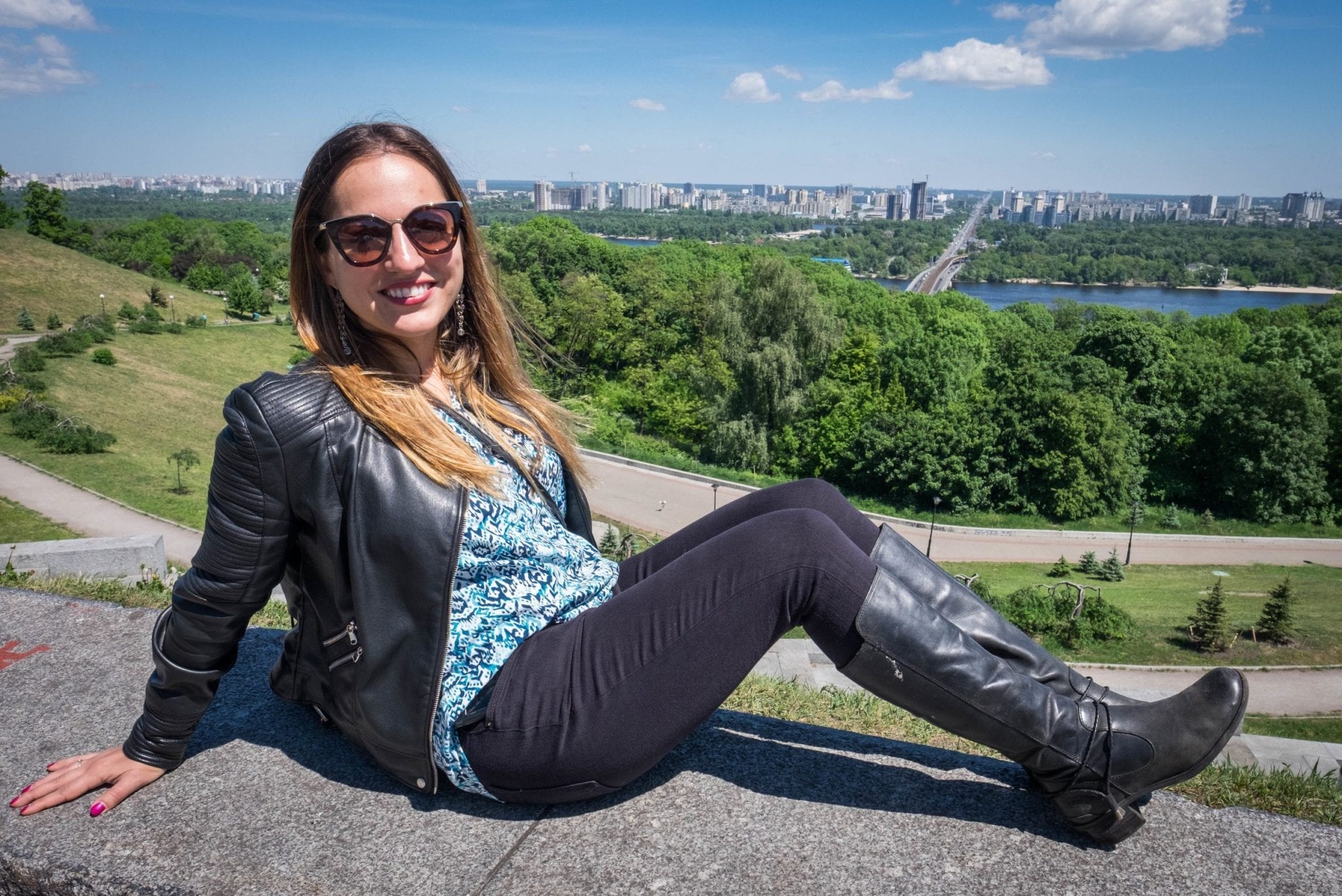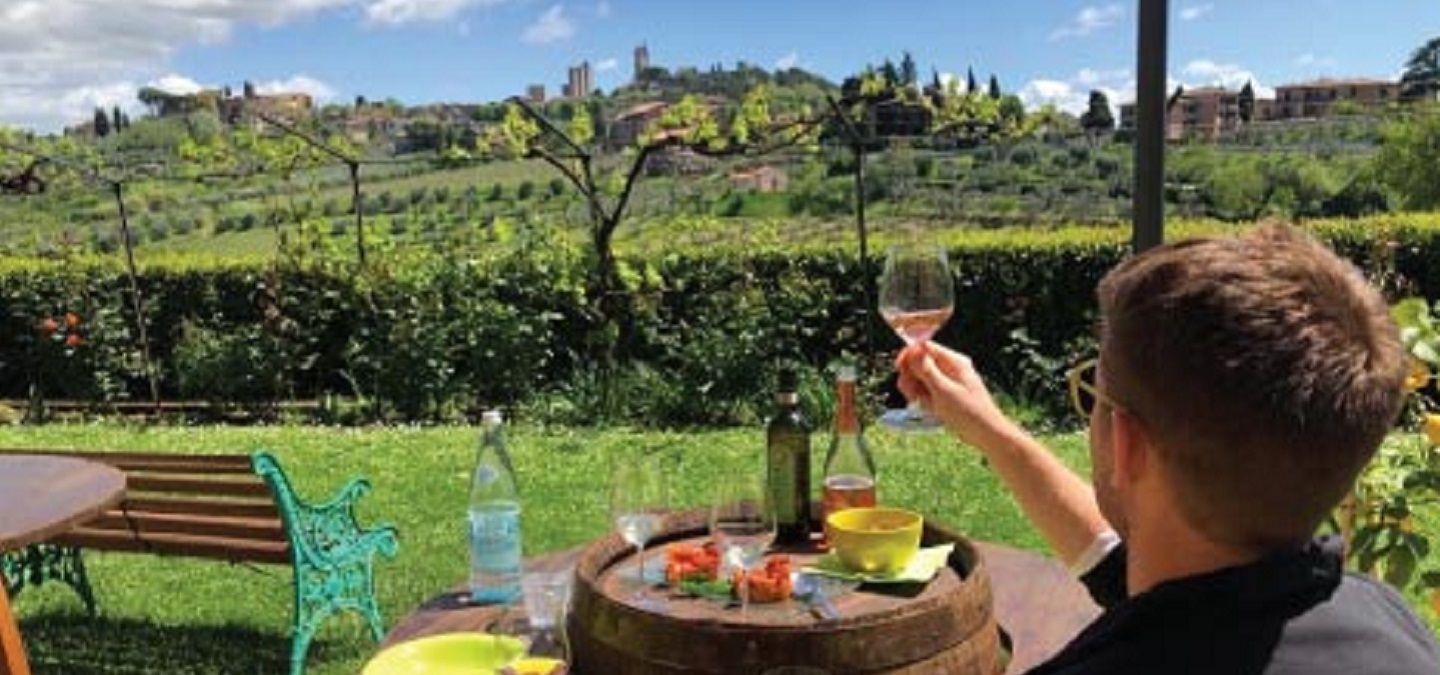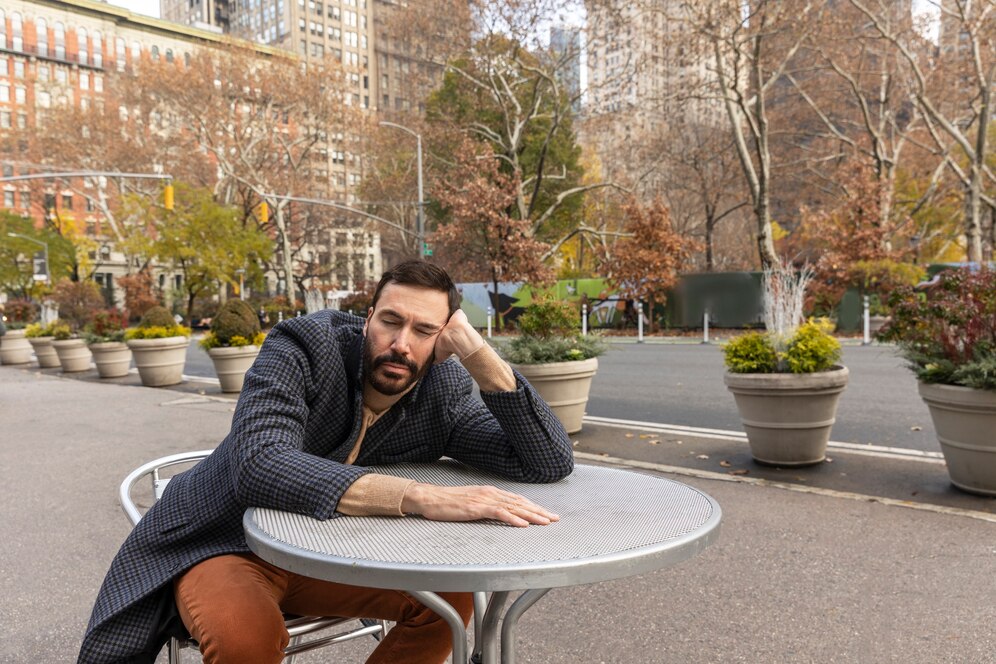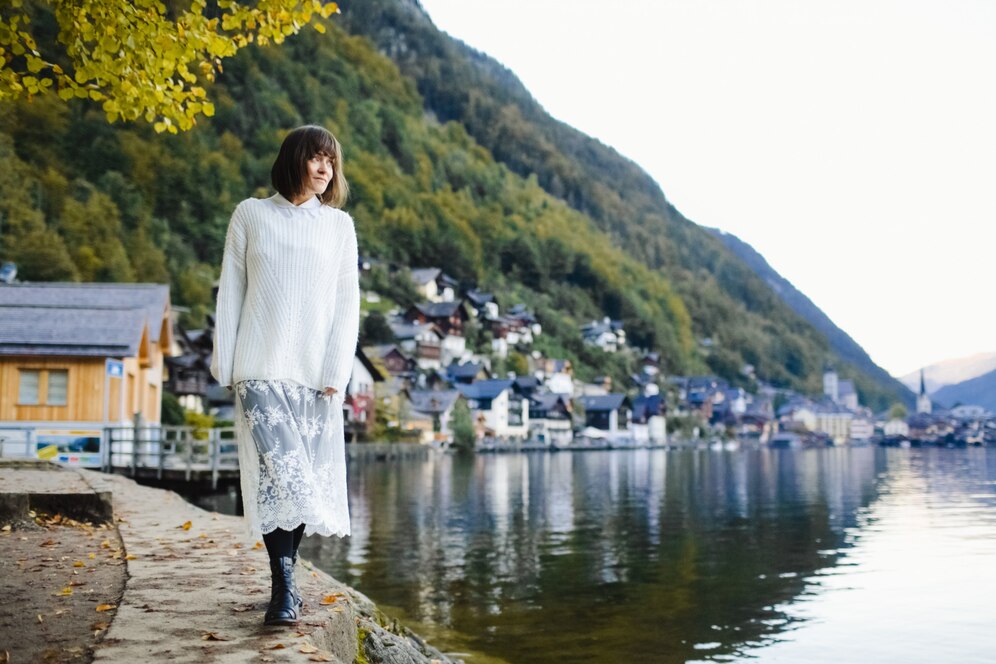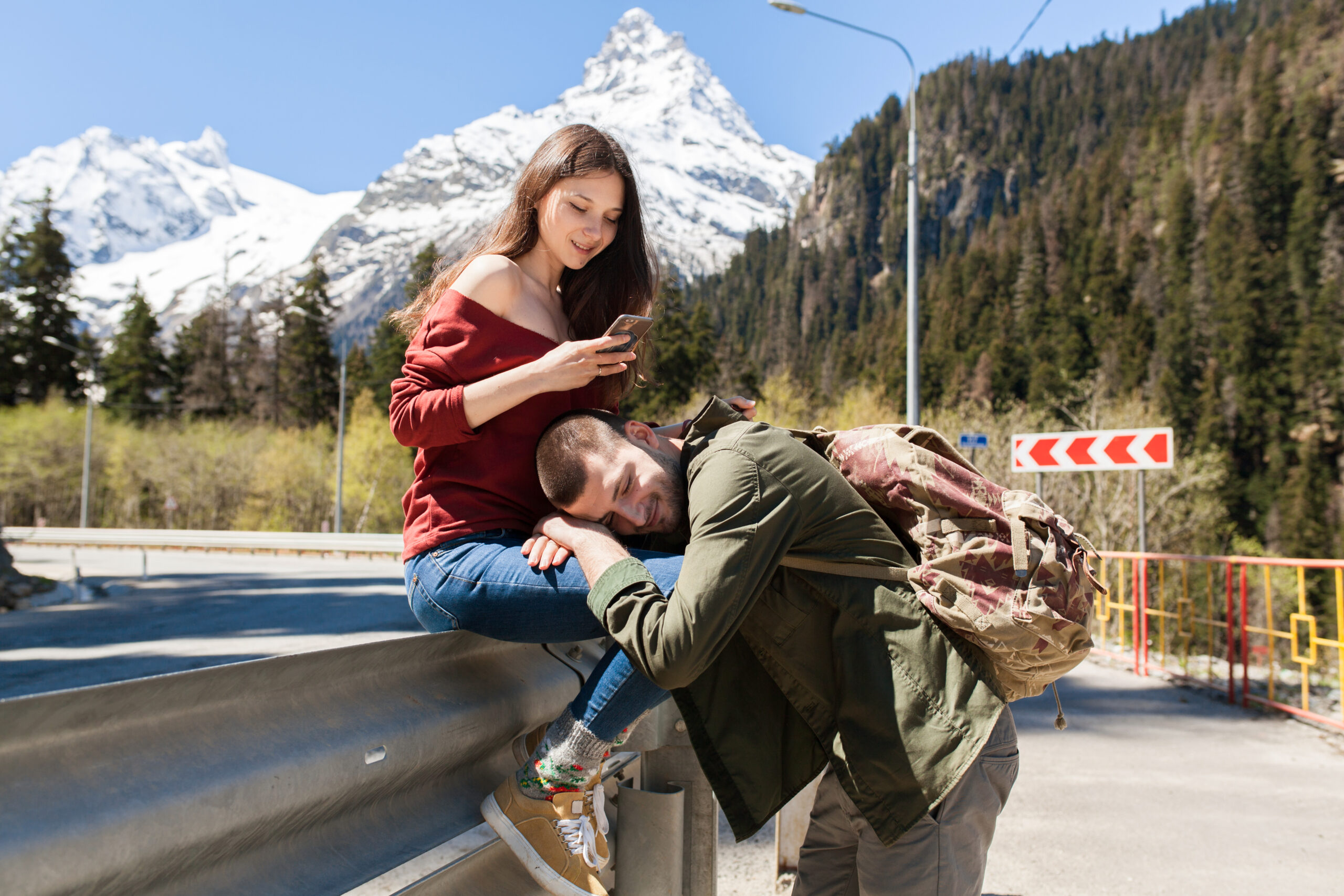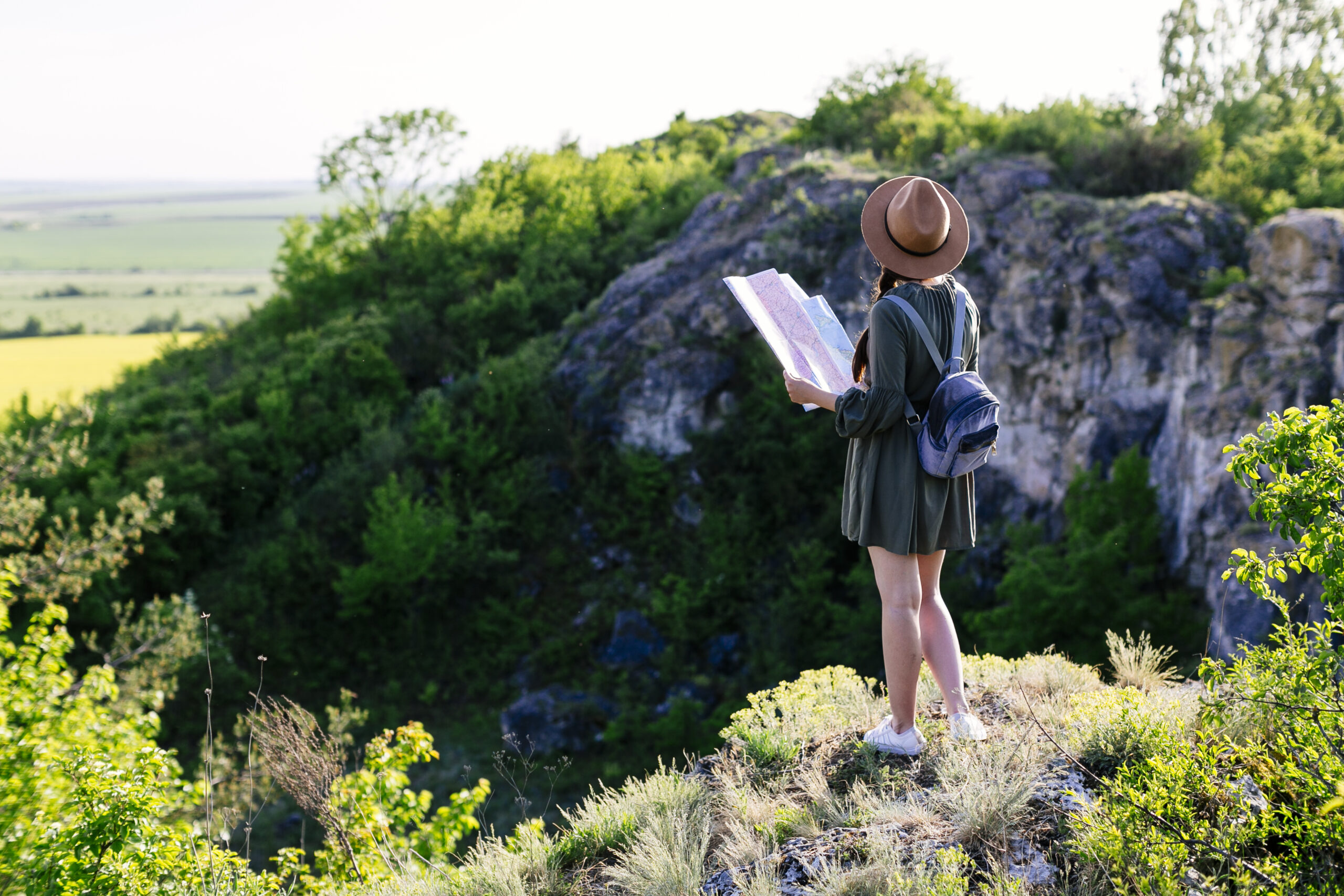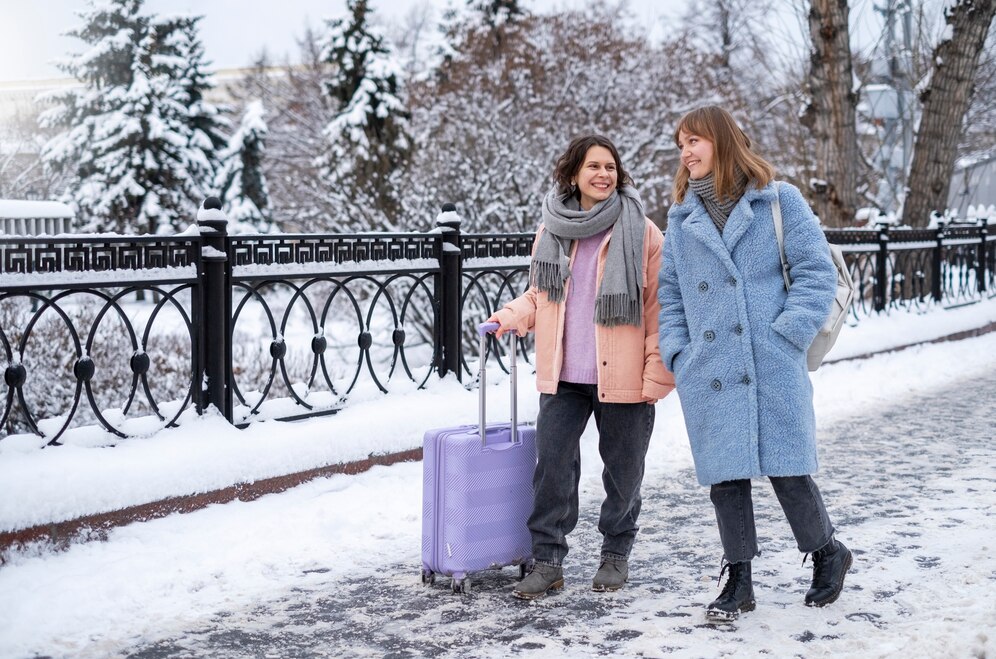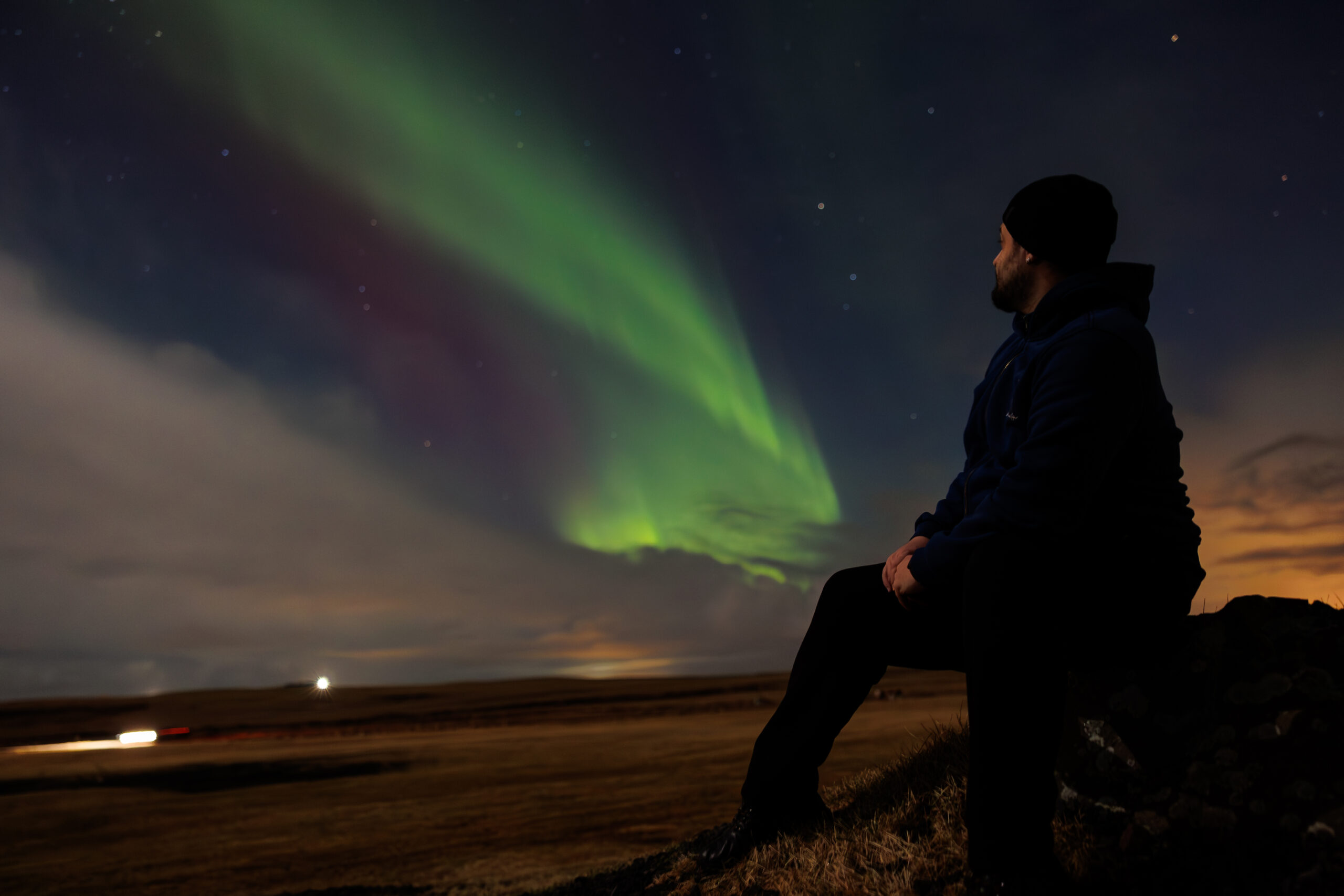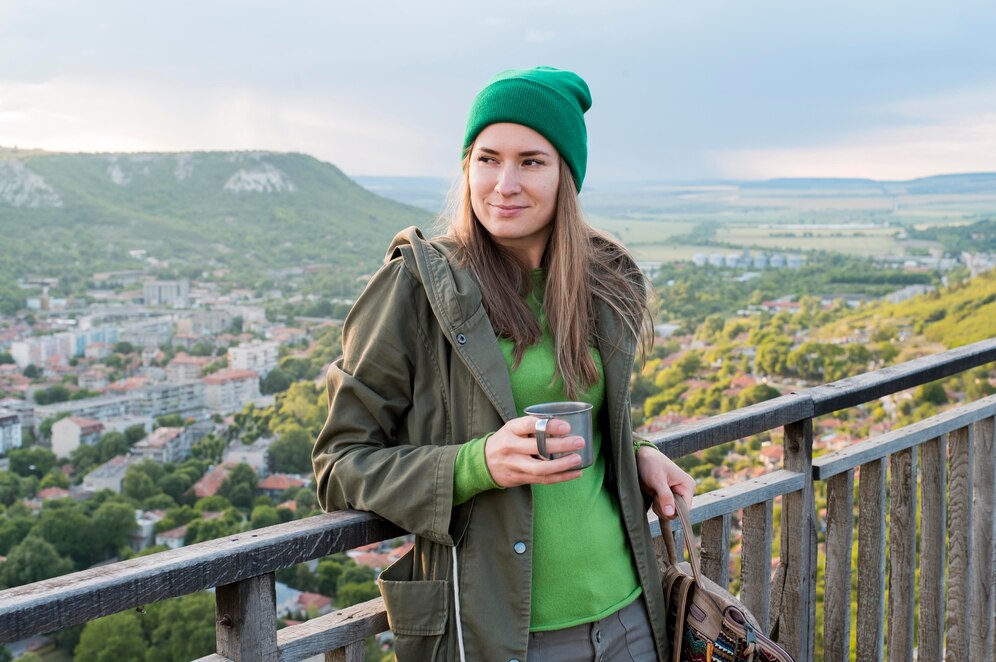
Solo travel is often painted as an adventure of independence, freedom, and introspection. That much is true—but there’s another side of it that’s rarely talked about. Especially in Eastern Europe. Before setting off on my 3–4 month trip from Sweden to Greece, I expected challenges—language barriers, unfamiliar customs, perhaps a feeling of being an outsider. But the most surprising thing? The deep sense of welcome and connection that greeted me at nearly every stop.
Hospitality That Hugs You Like a Long-Lost Friend
There’s a persistent stereotype that Eastern Europe is cold or reserved. What I experienced was the opposite. From the Baltics to the Balkans, the generosity of the people blew me away.
In rural Romania, I was wandering past a gate looking slightly lost, when a family waved me over and invited me in for dinner. They spoke almost no English, and I spoke nearly no Romanian, but we communicated over steaming bowls of traditional food, shared smiles, and clumsy gestures. That moment—unplanned, unpolished, and deeply human—is etched in my memory.
This wasn’t a one-off. Spontaneous invitations, kind directions, and warm curiosity were common. People here don’t just help—they host. And they do it with pride.
Language Barriers Are Real—But Rarely a Problem
Let’s be honest: you’ll run into places where English isn’t widely spoken, especially off the beaten path. But people are patient and often go above and beyond to help. Translation apps are useful, sure, but sometimes all you need is a bit of body language and a good sense of humor.
In fact, the moments where I didn’t share a language were often the ones where I felt the most connected. When someone makes the effort to understand you—not just your words, but your presence—it feels personal. It makes you feel like you belong, even when you’re miles from home.
Safe, Even When You’re Solo
I’m a solo female traveler, and I know safety is always top of mind. But I felt surprisingly secure in places like Tallinn, Krakow, and Ljubljana—even walking alone at night. Low crime rates, community vigilance, and a genuine sense of calm made it easy to relax. Sure, I followed basic precautions like anywhere else, but I never felt on edge.
In Krakow, for example, I felt more comfortable walking home from dinner than I do in parts of my own city. And that sense of security makes a big difference when you’re exploring solo.
Introvert-Friendly, Connection-Ready
As an introvert, I was nervous about loneliness creeping in. But Eastern Europe made it easy to meet people without the pressure of constant small talk. Hostels with communal spaces, walking tours, food experiences, and even the occasional bar stool chat with a bartender became my social lifelines.
Some of the best moments came from a simple question: “Where should I go next?” That one line turned into deep conversations, travel tips, and even travel companions for a few legs of my journey.
Pro tip: Stay in hostels with social but not party-focused vibes (some even offer private rooms), and don’t skip local-led tours—they naturally attract likeminded travelers.
Planning Big, Traveling Slow
Right now, I’m on a flexible itinerary that looks something like this:
-
Stockholm (3 nights) → Helsinki (5) → Tallinn (4) → Riga (2) → Vilnius (3)
-
Poland (7 nights – highly recommend skipping Warsaw and diving into Krakow, with a day trip to Auschwitz and the underground salt mines)
-
Slovakia (5 nights – planning to rent a car for some mountain/nature time)
-
Vienna (3 nights) → Slovenia (6 nights – with a car) → Budapest (4 nights, including Sziget Festival!)
-
Then onto Romania, Bulgaria, and finally about 3 weeks in Greece
I’ll be working remotely about 25–35 hours per week after July, so I’ve built in longer stays and mixed solo time with travel alongside a friend. The key? Staying flexible, prioritizing depth over breadth, and giving myself time to breathe.
Final Thoughts: Do Less, Feel More
If there’s one thing I’d say to anyone planning an Eastern Europe trip—especially solo—it’s this: don’t rush it. It’s easy to try and see it all, but sometimes the magic happens when you slow down.
Skip a capital city to spend time in the countryside. Say yes to a dinner invite. Wander aimlessly through a quiet village. Eastern Europe doesn’t need to impress you with over-the-top attractions. It wins you over with its people, its stories, and its soulful way of living.
And that’s the most surprising thing about it.




